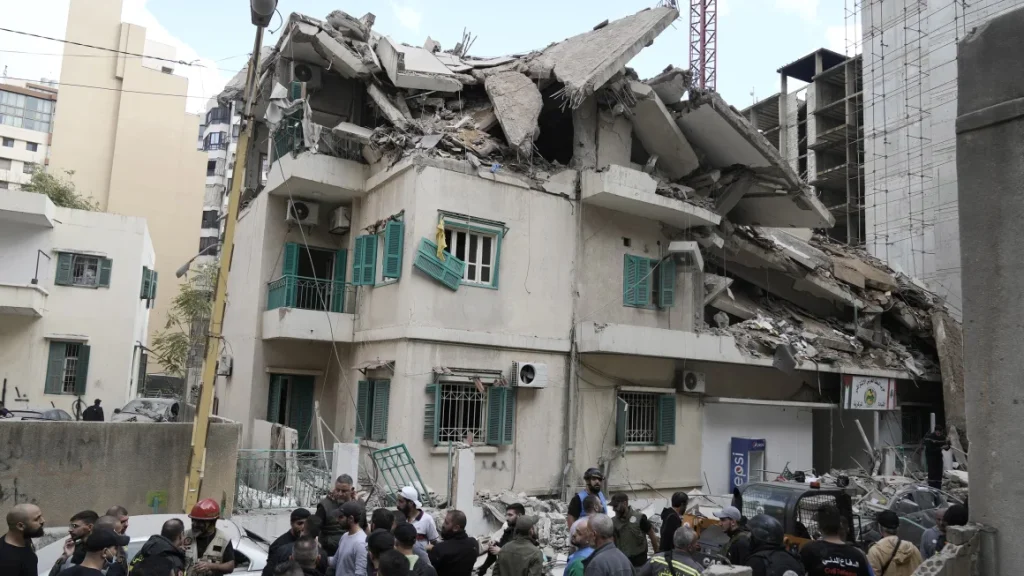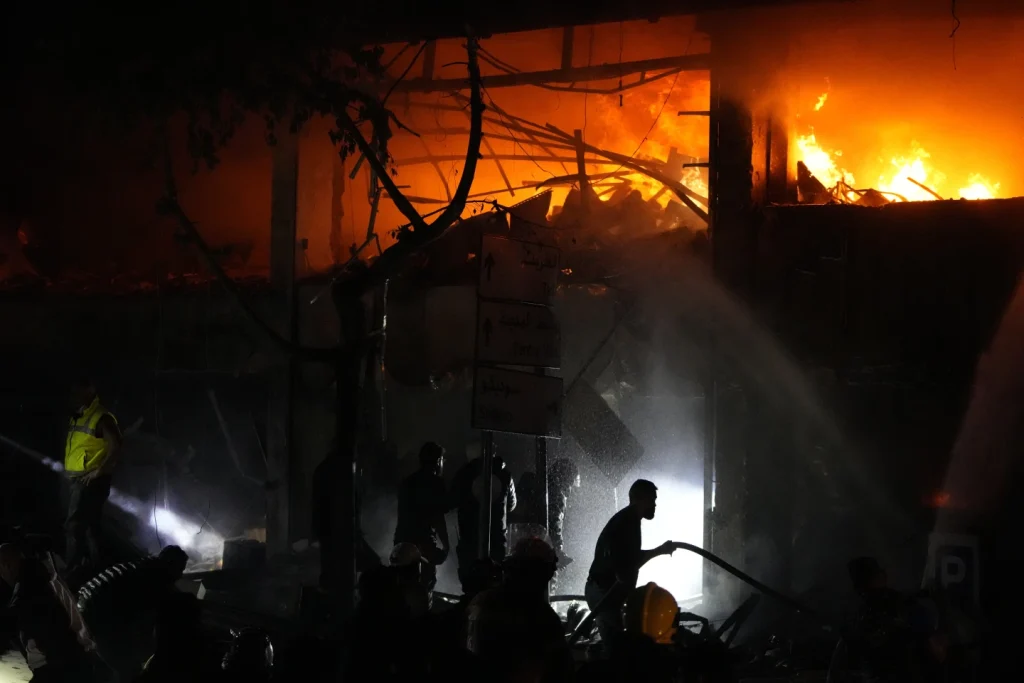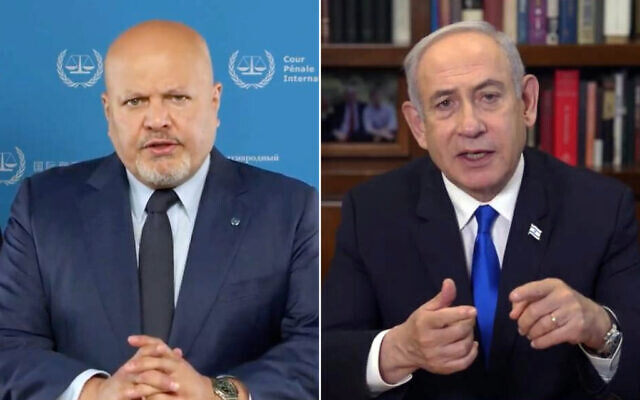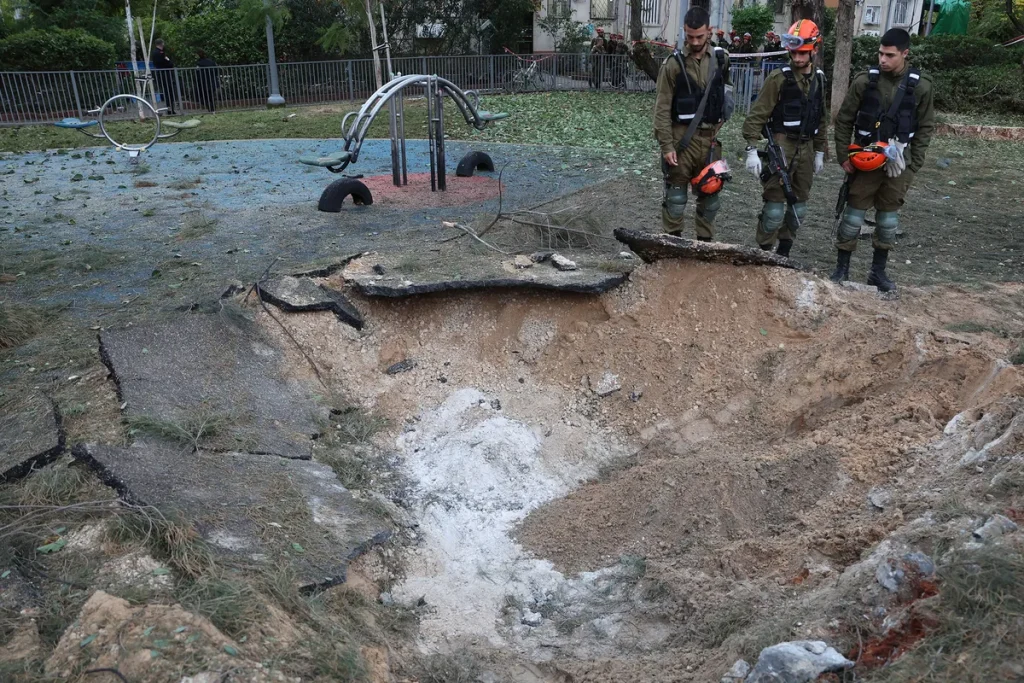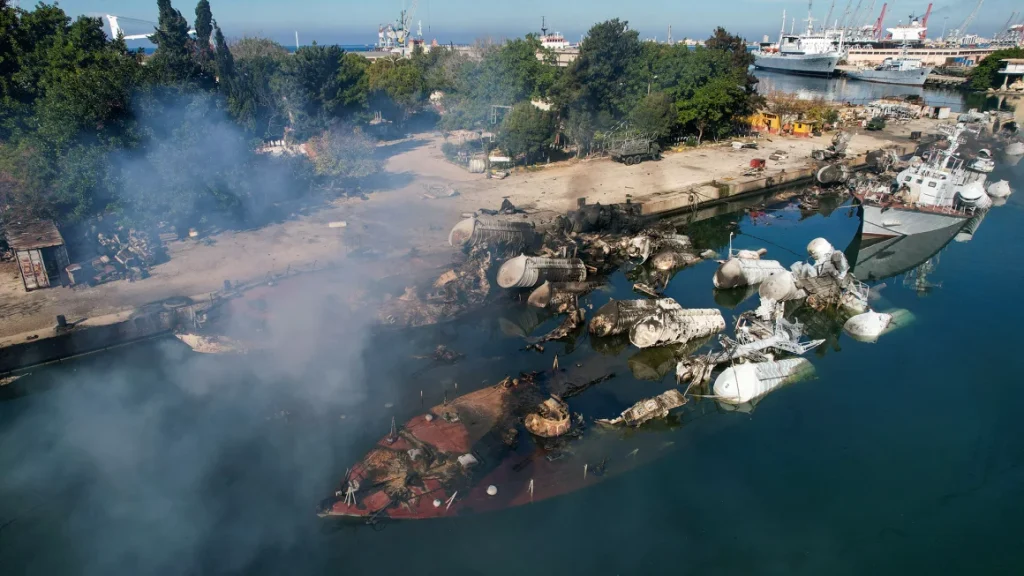Israel and Hezbollah Ceasefire Strains as Strikes Continue Near Beirut
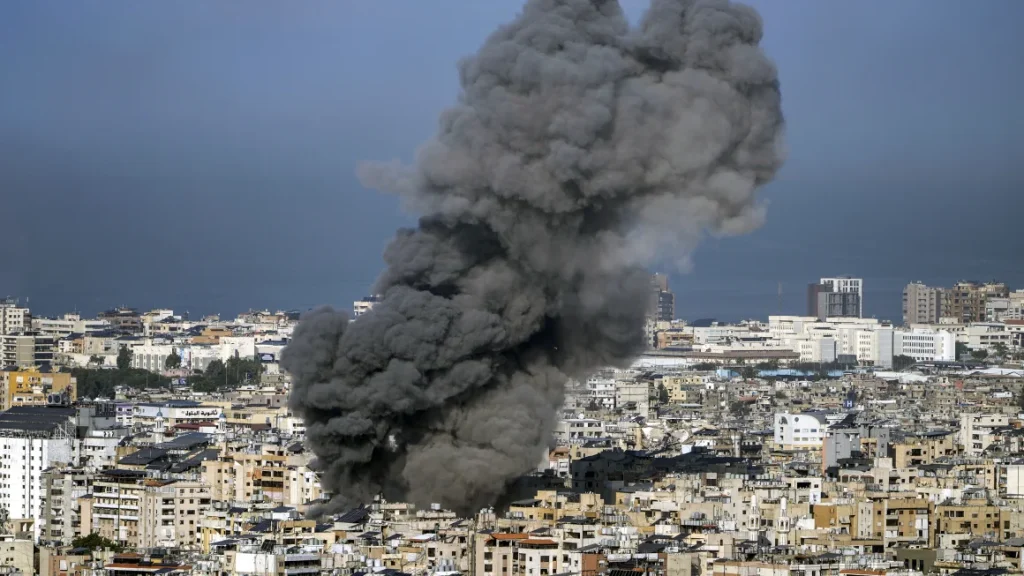
Amid growing tensions in the region, Israel and Hezbollah are struggling to maintain a fragile ceasefire as Israeli airstrikes target areas near Beirut in Lebanon. This escalation follows a recent flare-up of violence that has seen exchanges of fire between Israel and Hezbollah forces, deepening fears of a larger regional conflict.
The ceasefire, brokered by international mediators, was intended to provide relief and create space for negotiations, but with both sides accusing each other of violations, the situation remains precarious.
The latest round of Israeli airstrikes hit areas on the outskirts of Beirut, Lebanon’s capital, as well as other locations in southern Lebanon, marking an intensification of military operations. According to Israeli military officials, the airstrikes were a response to Hezbollah rocket attacks that had targeted northern Israel.
While Hezbollah has not claimed responsibility for every rocket fired, its fighters have been active in the region, leading Israel to conduct targeted operations in what it describes as self-defense against Hezbollah’s growing presence along its northern border.
Lebanon’s government has condemned the strikes, calling them a violation of the ceasefire agreement and accusing Israel of exacerbating the already fragile security situation.
Lebanese officials have also warned that Israeli attacks on civilian infrastructure and residential areas could spark even more violence, undermining efforts for a peaceful resolution.
Hospitals in southern Lebanon have reported a surge in casualties, adding to the humanitarian toll the conflict has already exacted on the civilian population.
The ceasefire itself, which was brokered by the United Nations and other international actors, had been hailed as a potential turning point in the escalating tensions. However, the terms of the agreement have quickly come under strain.
Both Israel and Hezbollah have accused each other of violating the terms, with Israel citing continued rocket fire from Hezbollah and Hezbollah claiming that Israeli airstrikes on civilian targets in Lebanon contravene the terms of the agreement.
The border area between Israel and Lebanon, particularly along the Blue Line, which demarcates the two countries, has long been a flashpoint for violence.
Hezbollah, which has significant political and military power in Lebanon, has historically conflicted with Israel, particularly over the issue of Lebanese territorial integrity and the presence of Israeli forces in the disputed Shebaa Farms region.
Tensions flared again after Israel’s military operations in Gaza earlier this year, which sparked protests and solidarity demonstrations in Lebanon, including from Hezbollah.
The United Nations Interim Force in Lebanon (UNIFIL) has deployed additional troops along the southern border to monitor the situation and attempt to enforce the ceasefire.
However, the effectiveness of the peacekeeping force has been questioned, with both sides accusing the UN peacekeepers of failing to prevent cross-border fire and violations of the ceasefire.
The international community has expressed growing concern about the potential for the conflict to expand. The United States, along with several European and Arab nations, has called for restraint and urged both Israel and Hezbollah to adhere to the ceasefire.
The United Nations has also warned that any violation of the ceasefire risks igniting a broader conflict that could engulf not just Lebanon and Israel but also draw in other regional actors.
Despite these calls for de-escalation, the humanitarian situation in southern Lebanon continues to deteriorate. Thousands of civilians have been displaced by the ongoing fighting, and the already fragile infrastructure in the region has been further damaged by the airstrikes.
Humanitarian organizations are struggling to assist those affected by the conflict, with reports of severe shortages of food, water, and medical supplies in many areas.
The future of the ceasefire remains uncertain. While both sides have expressed a willingness to continue negotiations, the situation on the ground is increasingly difficult to control.
The presence of militant groups like Hezbollah in Lebanon, combined with Israel’s security concerns and the involvement of other regional actors, makes any resolution to the conflict highly complex.
The rising tensions in the region are also linked to broader geopolitical dynamics, with Iran’s involvement in supporting Hezbollah complicating the situation further.
Iran’s role in backing Hezbollah financially and militarily is a point of contention for Israel, which has long viewed Hezbollah as a significant threat to its security.
As a result, Israeli strikes on Lebanese territory are often seen as part of a broader strategy to weaken Iranian-backed groups in the region.
In the coming days, the focus will be on whether the ceasefire holds or if military operations intensify, potentially leading to an even more devastating conflict.
International efforts to mediate peace in Lebanon have often struggled to maintain momentum, and with both Israel and Hezbollah hardening their positions, the prospects for a lasting resolution appear uncertain.
The situation remains fluid, and as both sides continue to accuse each other of breaches, the risk of further escalation is ever-present.


